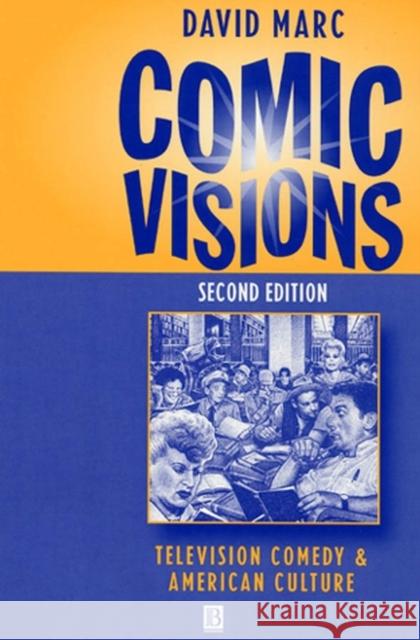Comic Visions: A Collection of Papers Presented at the 65th Conference on Glass Problems, the Ohio State University, Columbus, Ohio, » książka
topmenu
Comic Visions: A Collection of Papers Presented at the 65th Conference on Glass Problems, the Ohio State University, Columbus, Ohio,
ISBN-13: 9781577180036 / Angielski / Miękka / 1997 / 240 str.
Comic Visions: A Collection of Papers Presented at the 65th Conference on Glass Problems, the Ohio State University, Columbus, Ohio,
ISBN-13: 9781577180036 / Angielski / Miękka / 1997 / 240 str.
cena 240,58
(netto: 229,12 VAT: 5%)
Najniższa cena z 30 dni: 239,10
(netto: 229,12 VAT: 5%)
Najniższa cena z 30 dni: 239,10
Termin realizacji zamówienia:
ok. 30 dni roboczych.
ok. 30 dni roboczych.
Darmowa dostawa!
Comic Visions, Second Edition is an update of the most influential critical history of American television comedy.
- Most comprehensive social and critical history of American television comedy
- Very engaging, lucid and entertaining writing style
- Approaches social criticism without being too scholarly and pedantic











